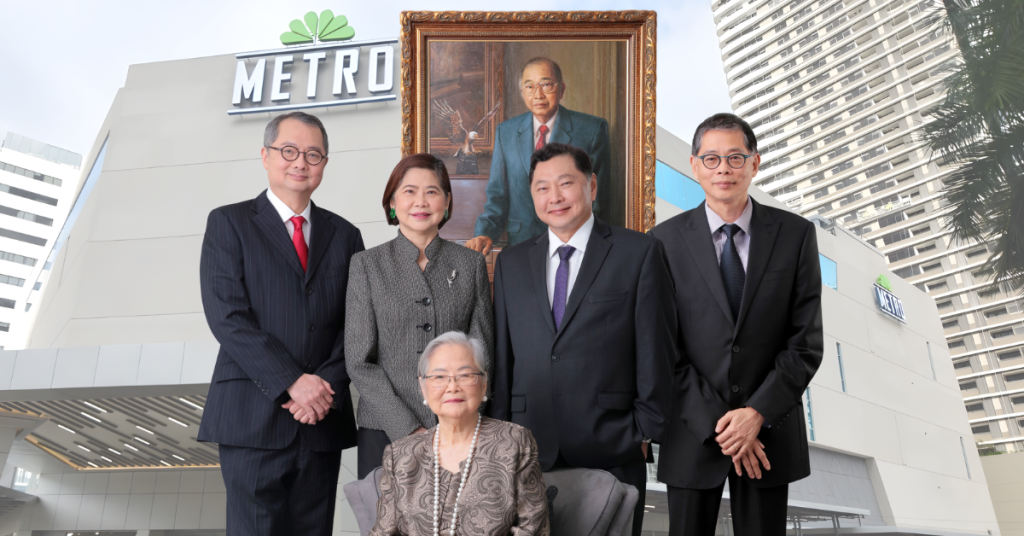Before Metro Retail Stores Group became a household name for value-focused department stores and supermarkets, it had a very different identity—one rooted in luxury.
In the early years, the Gaisano family business operated under the name White Gold, known for selling high-end goods like Rolex watches and Parker pens. “Everything imported, very luxury,” Frank Gaisano recalled in an interview. But as market dynamics shifted and mass consumption took hold, the family made a bold and strategic pivot: they abandoned the luxury retail model and turned their focus toward the broader, underserved middle class.
It was Frank’s father, a seasoned retailer with deep instincts for the market, who led the transformation. “My dad transformed the business into more mass market,” Frank said. That meant shifting from luxury imports to locally manufactured garments and essential consumer goods—items that resonated more with the average Filipino shopper.
This pivot wasn’t just about adjusting inventory. It marked a philosophical shift that would define Metro’s future growth. “We followed that philosophy of being in the meat market,” Frank explained, referring to their commitment to serving middle-income customers with accessible pricing and essential goods.
The move to mass market was far from easy. When Metro Gaisano opened its first store in Cebu’s Colon Street, the family faced steep competition—seven established department stores already operated in the area. “We were number eight,” Frank recalled. But they were undeterred. They built vertically, expanded laterally, and kept customer needs at the center of their decisions.
Today, Metro Retail Stores Group operates over 50 locations and stands as a dominant player in the Visayas region. The company’s evolution from luxury retail to mass market wasn’t just a reaction to consumer demand—it was a forward-thinking strategy to scale with sustainability.
At the heart of that shift was a deep understanding of the Filipino consumer. “You really have to understand the customer,” Frank emphasized. “The customer only goes to the store to buy one thing. If you don’t have that item, you’ve already lost them.”
By letting go of exclusivity and embracing scale, the Gaisano family didn’t just change their merchandise—they rewrote the playbook for provincial retail growth in the Philippines.
![]()



